By Elianne Halbersberg
If you have ever tuned in to Survivor—and who hasn’t—then you have heard Russ Landau’s music. However, the reality show is only one example of his remarkable, multi-faceted career. Landau scores an ongoing assortment of television and film projects. He won the Emmy in 2008 for best theme song “Pirate Master” and was awarded an honorary doctorate in 2009 from his alma mater, the University of Bridgeport. His credits include production and session work, composition, live performance and band member, having spent over a decade playing bass with the Paul Winter Consort before watching his own career take off.
Ten years ago, Landau began using IK Multimedia’s Sample Tank as part of his software. In turn, the company introduced him to their GrooveMaker software, which became an integral part of his scoring work. Based on the success of GrooveMaker and the integration of software applications on iPhones, IK Multimedia—a leader in the field of advancing music software and technology—has just released their GrooveMaker iPhone/iPod app, which works in real time with audio loops at the touch of a finger. It, too, is proving a valuable tool for Landau, whose hectic schedule often keeps him on the road and in airports.
GrooveMaker for iPhone/iPod (www.groovemaker.com/home) is a free download with 125 loops included. Additional apps are available at remarkably low prices: Club includes 189 loops for $4.99, while Hip-Hop and House each include 315 loops for $9.99. All apps are available for download and purchase from the Apple iTunes App store, and IK is readying four more apps for release.
Landau recently spoke to Planet Ill about the ease and versatility of GrooveMaker, and also shared some insight about what goes into songwriting, scoring and creating the aural energy that enhances reality television.
Planet Ill: When did you first hear about their GrooveMaker app?
Russ Landau: IK has been very good to me. They’ve helped me out with software, tried things out on me, and they were very excited to tell me about GrooveMaker when they developed it. They put it on my iPhone and said, “Make something!” I was on a flight, and to while away the hours on the plane, I began making it work. It’s been fun experimenting with apps.
GrooveMaker is a loop-based music creation tool, like Garageband. The only difference is that there is no option to record your own files or add your own loops … yet. In the meantime, they supply you with a set of music creation loops that are very accessible and easy to work with in a variety of styles. There are a variety of palettes that are pretty comprehensive. I found I was able to manipulate the loops for a bit of television scoring.
Planet Ill: How does it work?
RL: It has a very smart interface. There is an export button. You make “grooves,” put them in order, save them, hit “export” and it creates a file on your iPhone or uploads to a central server. The server provides an address on the iPhone to type into your computer browser, which links you to your file directly. You download it to your computer, and in my case, to Pro Tools or LogicPro.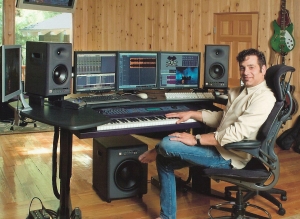
Planet Ill: When you work from a phone app, does the result feel or sound “real”?
RL: It’s full quality WAV files in CD quality and there’s no difference from GrooveMaker on my Mac. It’s what you do afterward: import it to another program, incorporate strings, add something on top.
Planet Ill: Do you lose your work if you lose your connection or battery power?
RL: You make a groove section, push a button and store it. If you drop your phone, I don’t know, but if you get a call or whatever, you “snap to groove” and it’s there and it saves your mix. I did hit one wrong button and I lost my work, and I will never do that again! You can also push the question mark icon and get a tutorial. You follow that, and in 10 minutes you’re up and running. It has to be easy, especially when you’re working with your thumbs!
Planet Ill: GrooveMaker is ideal for electronic, dance and Hip-Hop tracks — not exactly the genres one associates with your work.
RL: Those are the more expected demographics for it — kids running around with iPhones and they can’t keep their fingers off of them. I would like to see more ethnic loops, like they have for the desktop version. That would be handy for me.
Planet Ill: There’s a quote on your website, “Composing music is not a solitary undertaking, but rather a collaborative process.” You’re working alone using a phone app, and you do everything alone in your studios. How collaborative is that?
RL: I’m collaborating, but not necessarily with other musicians. I collaborate with writers, editors, producers and directors. Most of my work is based on working with visual artists, whether you want to call it art or not! I collaborate with people I create music for and I support their vision. Writing music is very personal for me. I don’t collaborate often with composers, but I do collaborate with musicians because I believe in live music and live musicians being on my tracks. The collaboration is in different fields.
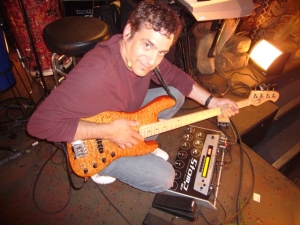 Planet Ill: Musician, producer, composer, performer, engineer: How important is each one of these to the others?
Planet Ill: Musician, producer, composer, performer, engineer: How important is each one of these to the others?
RL: They all go together for me. They’re not separate. It’s very important that they all work together. It’s important for a modern composer to be able to produce, to deliver a cue he has written, and in the medium I work in it’s definitely a bonus to be able to play, because as a player you understand players. My identity many years before I became a composer was as a bass player, and I hang on to that. For the “Survivor” live shows I play bass, and Rick and Jerry Marotta, two of the best drummers in the world, are working with me. I get to groove out with master groovemakers! Being a musician and engineer, knowing how to make a cue sound good when it ends up on television is a skill set that has to be learned.
Planet Ill: You really have “THE” gig. What can you tell the guy at home with his Akai MPC, who dreams about someday having “THE” gig? You mentioned the skill set required for scoring. How does that differ from the skill set required for songwriting?
RL: It IS “the” gig. I used to produce records, and we had DMX’s and Roland TR-707’s and all sorts of the same kinds of things. You’re making music and those are just tools. Whether you play guitar or wood flute, it’s a way of getting there and getting the music out.
When you talk about scoring versus writing songs — a song can be used in any way. I write theme songs and scores, and I like to base my scores on the themes of the television shows. Again, they’re two different skill sets. I read a script, or watch footage, and write a theme that brings out the emotions, vibe and qualities of the television series, and what the producer and director hope to get to. I hope I can give them a chill with the turn of a melodic line.
The skill sets are different. You have to learn how to do it. For me, I look at a scene and hope the music comes into my head. I imagine it and put it down, and that’s always the best. Sometimes it doesn’t happen so easily, and I have to put my hands on the keyboard and hope I recognize something that serves the picture well. It’s always about what helps the visuals most.
Elianne Halbersberg is a freelance writer whose work has also appeared in Mix, Premier Guitar, Electronic Musician, Audio Media, Ink 19 and many other magazines and websites.
Follow us on Twitter @ http://Twitter.com/PlanetIll
Join Us on the Planet Ill Facebook Group for more discussion

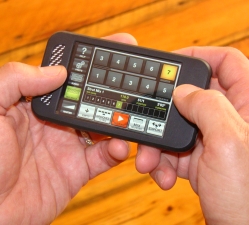
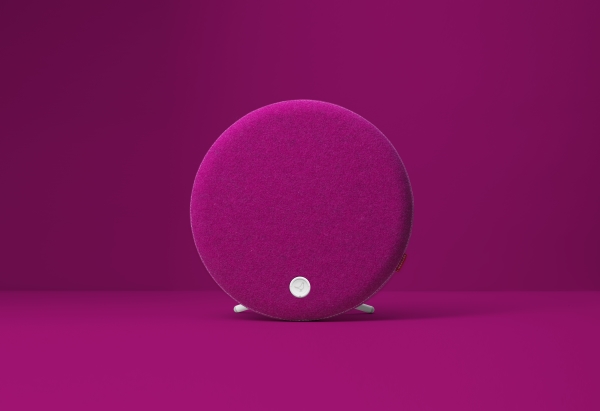
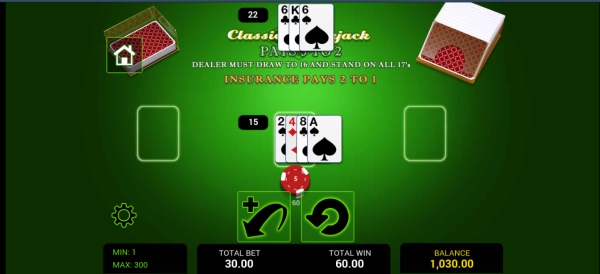
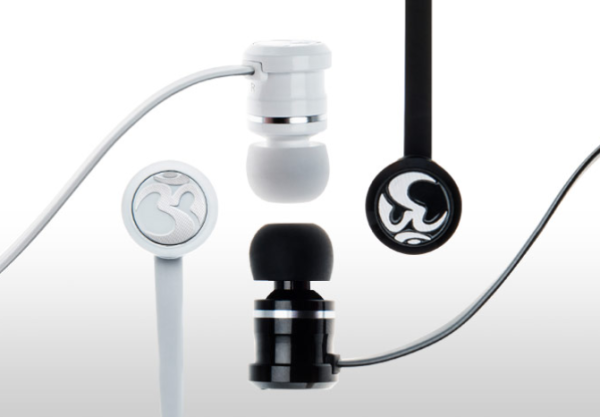
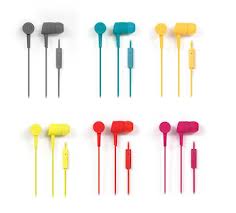
Very fun and informative interview!